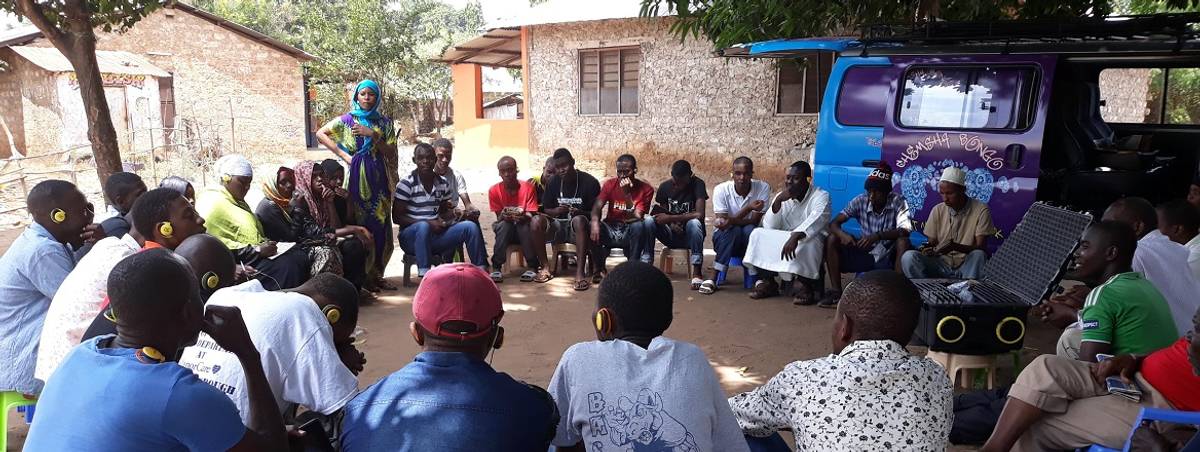Review of CT and P/CVE Activity Effectiveness
A systematic review of the effectiveness of counterterrorism (CT) and preventing and countering violent extremism (P/CVE) activities.
RUSI’s Terrorism and Conflict Research Group conducted a systematic literature review looking at the effectiveness of CT and P/CVE activities.
Interventions across three specific strands of activities: youth engagement, reintegration, and capacity building of national governments and law-enforcement agencies.
This project built on other work completed by the team investigating the evidence base for P/CVE programming in different contexts, with the aim of helping to construct an even more complete picture of the current situation, as well as identifying what can be further accomplished.
Sponsors
This project was funded by The Ministry of Foreign Affairs of the Netherlands
Project team
Dr Andrew Glazzard OBE
Senior Associate Fellow
Christopher Hockey
Senior Research Fellow
RUSI Nairobi
Michael Jones
Senior Research Fellow
Terrorism and Conflict
Claudia Wallner
Research Fellow
Dr Jessica White
Acting Director of Terrorism and Conflict Studies
Terrorism and Conflict
Emily Winterbotham
RUSI Senior Associate Fellow, Terrorism and Conflict
Martine Zeuthen
RUSI Associate Fellow, Terrorism and Conflict
Project outputs
The studies highlight the relative limitations of existing approaches and the evidence base itself, both for effectiveness at the programmatic level and success at the impact level of reducing participation in violent extremism.
The project findings resulted in multiple cross-cutting recommendations across the intervention strands:
- Establish clarity from the outset of what the intervention is trying to achieve.
- VE is political and contextual, the response must take this into account.
- Understand your target group.
- Use of a gender lens is essential to effectiveness.
- Invest in competency-based programming and research. Donors, implementers and researchers should develop more multi-disciplinary approaches, considering the larger bodies of evidence available in more mature fields.
- Enable assessment of both the sum and the parts. Composite programmes need to be designed so that interventions can be evaluated individually.
- Donors should invest in research-oriented interventions, to move CT and P/CVE evaluations to the theory testing stage. Also, programmes should seek multiple perspectives, including from social scientists and practitioners. Every effort should be made to have independent evaluators.
- Capacity gaps are a structural problem.
- Invest in the knowledge base. Donors and implementers should allow the publication of evaluations wherever possible, regardless of the outcome (evaluations showing ineffectiveness are as valuable as ones showing effectiveness).
For more information on specific strands or further cross-cutting findings, see the below outputs.
Overview Output
Executive Summary and Recommendations, Dr Andrew Glazzard, Martine Zeuthen, Dr Jessica White
Youth & Education
Interventions Targeting Youth Engagement - A systematic literature review, Jessica White
Law Enforcement
National Government and Law Enforcement Capacity Building - A systematic literature review, Andrew Glazzard
Deradicalisation
Reintegration: Disengaging Violent Extremists - A systemic literature review, Martine Zeuthen
Project impact
This project resulted in well-received findings and recommendations, which can inform the field of practice and policy for CT and P/CVE interventions focused on youth engagement, disengagement and reintegration, and capacity building of national governments and law enforcement.
The results of this project were presented in a RUSI launch event, as well as at several external international events such as UN CT Week and the Eradicate Hate Global Summit.










